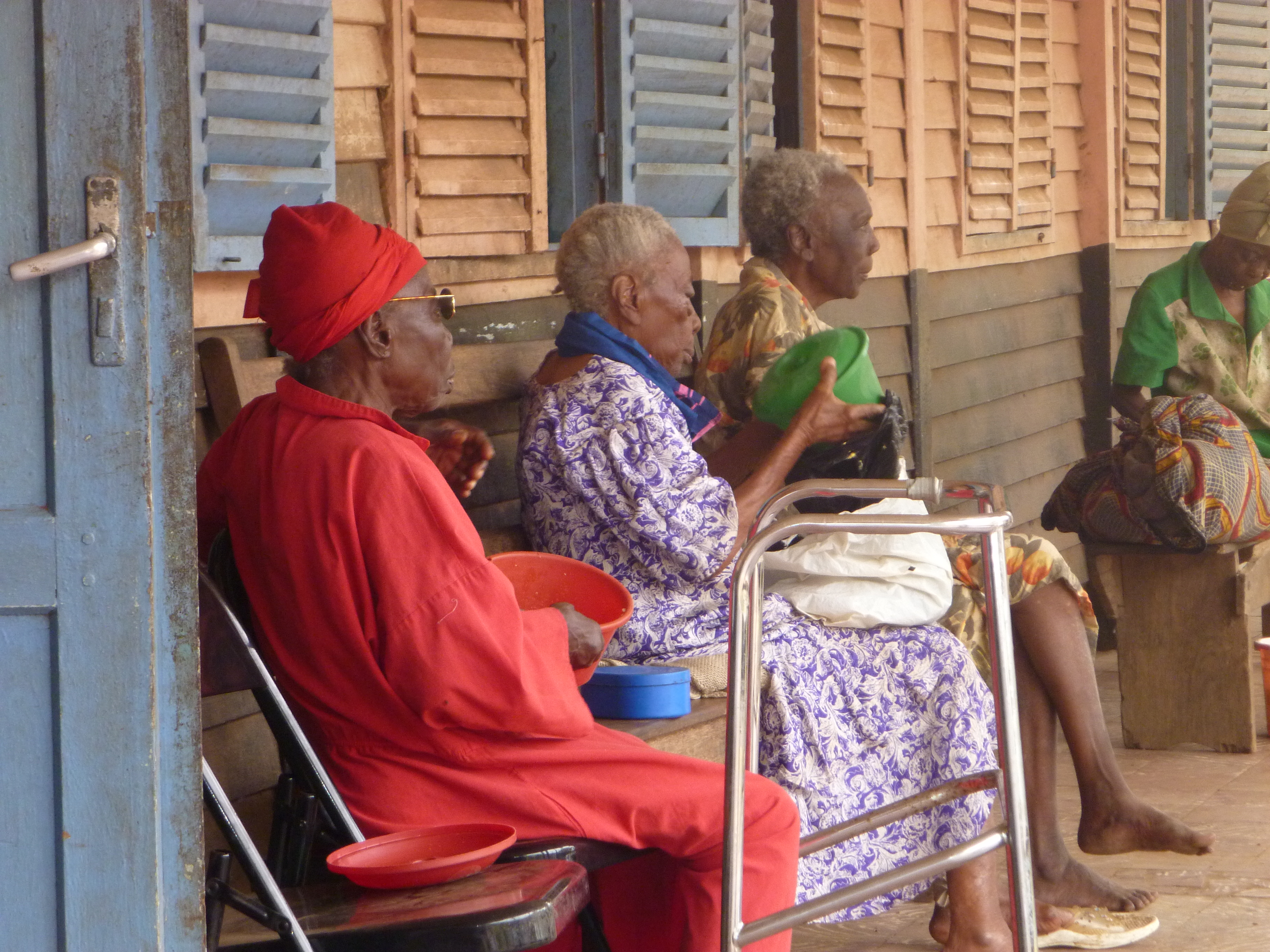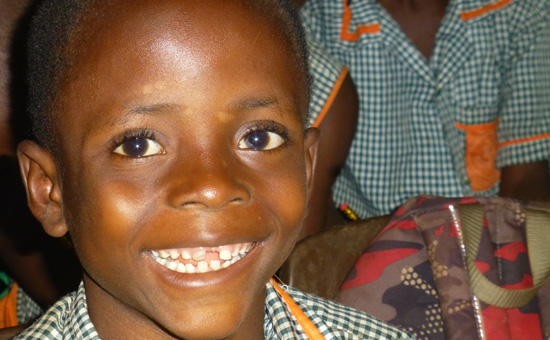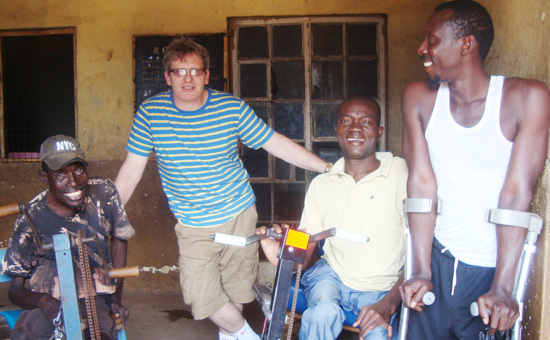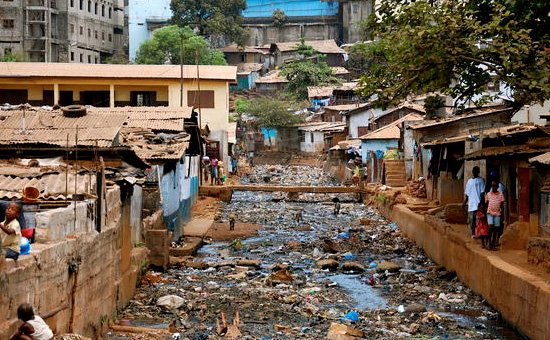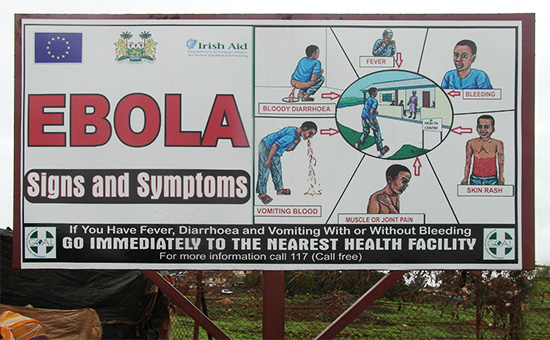Sierra Leone
History
Sierra Leone’s early history remains unclear. The Portuguese were thought to be the first Europeans to explore the land, and gave Sierra Leone its name which means ‘Lion Mountain.’ By the 17th century British traders became increasingly prominent, and in the 1780’s, land was bought from local chiefs by English philanthropists who established settlements for freed slaves. Freetown became a British colony in 1808, and in 1896 a British protectorate was declared over the hinterland.
Sierra Leone gained its independence in 1961, and became a republic 10 years later with Siaka Stevens as the first president. Since then, the country has faced the huge challenges of civil war, conflict, corruption and mismanagement of natural resources. At independence, Sierra Leone had a higher GDP than Malaysia and Singapore. Today it typically ranks among the poorest 3 nations on earth.
The current situation results from a 10 year civil war that broke out in 1991. The Revolutionary United Front (RUF) rebels attacked Sierra Leone from neighbouring Liberia with the intention of overthrowing the one-party political system. At the time, the ruling party was backed by Liberia’s warlord and ex-president, Charles Taylor, the RUF led a campaign of terror that killed several hundred thousand people, including many with severed arms, done as a symbol to stop people voting.
The war and violence formally ended with the Lome Peace Accord in 2002. Since then, the country has been at peace. The country has had 3 successful non-violent elections and looks forward to a new vote in 2018. Doing business in Sierra Leone is a challenge. The country depends on aid for a significant part of its operational as well as capital budget. It makes it difficult to do any form of business and the challenge we have taken on to help the poorest faces significant opposition.
Ebola
In 2014, Sierra Leone experienced an Ebola outbreak causing a major crisis. Whilst several thousand died of Ebola, many more died of normal complaints as the closure of medical facilities made access to primary healthcare even more difficult than before.
For Home Leone, the Ebola crisis caused a few delays to our deployment and ability to get teams in to Sierra Leone but we now offer leadership in post-ebola reconstruction.

